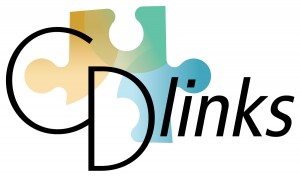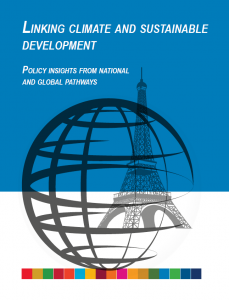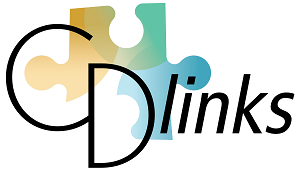Project
CD-LINKS Overview
The CD-LINKS project explored the complex interplay between climate action and development through both global and national perspectives, providing information to aid the design of complementary climate-development policies.
As a four-year project (September 2015-September 2019) with 19 partners and collaborators from around the world, CD-LINKS brought together expertise from the areas of integrated assessment modelling, human development, climate adaptation, economics, energy geo-politics, atmospheric chemistry and human health, land use and agriculture, and water, among others.
Project Goals
The project aimed to:
• gain an improved understanding of the linkages between climate change policies (mitigation/adaptation) and
multiple sustainable development objectives;
• broaden the evidence base in the area of policy effectiveness by exploring past and current policy experiences;
• develop the next generation of globally consistent, national low-carbon development pathways; and
• establish a research network and capacity building platform to leverage knowledge exchange among institutions.
 Major Accomplishments
Major Accomplishments
- Developed new insights related to policy designs that adequately account for mitigation trade-offs across sectors, actors, and objectives
- Contributed to Intergovernmental Panel on Climate Change (IPCC) Special Report on Global Warming of 1.5°C and United Nations Environment Program’s (UNEP) Finance Initiative report
- Explored the implications of national climate policies on global greenhouse gas (GHG) emissions, finding that implemented domestic climate policies are estimated to reduce GHG emissions by 5% by 2030
- Found that most countries are not on track to meet their own NDCs and that the global reduction expected from all NDCs is inconsistent with the policy efforts to limit warming to well below 2°C
- Expanded understanding of the linkages between climate change goals and Sustainable Development Goals, accounting for both national and local policy priorities and constraints in key G20 countries. Inclusive climate policies are needed to manage potential trade-offs and identified significant co-benefits of mitigation measures
- Examined the interactions between multiple objectives in 17 energy and climate policies globally, finding that policy makers aim to achieve multiple objectives with a single policy and do not consider complementary policies to strengthen synergies or alleviate trade-offs
- Proposed a new framework based on three policy design principles—complementarity, transparency and adaptability—to improve multiple-objective policymaking in the future
- Dozens of peer-reviewed publications, reports, and policy briefs and seven interactive tools.
Summary for Policy Makers
The Summary for Policy Makers summarises the main findings from the project’s national and global pathways analyses, illustrating viable strategies and actionable measures for how to reach sustainable development and climate objectives.
Special Issue of Climatic Change
A special issue on national low-carbon development pathways was published in Climatic Change. These papers explore the requirements for the deployment and upscaling of new technologies, investment and finance needs, and regional gaps or inconsistencies compared to the aspirations implied by the long-term objectives of 1.5 and 2°C. The national modelling teams completed a set of scenarios that mirror the set-up of the global scenarios, via cumulative CO2 budgets until 2050, which are informed by the global scenarios and have been set in an iterative process between global and national teams. The special issue also includes a critical assessment of whether current policies are on track to achieve the Nationally Determined Contributions (NDCs).
Outreach and Capacity Building
CD-LINKS organized a range of stakeholder, capacity building and outreach workshops in Austria, Italy, China, Germany, India, Brazil, Germany, Poland, Spain and Belgium. A Summer School on integrated assessment modeling was held in Venice, Italy, and attended by 20 young scholars from a broad range of disciplinary backgrounds who received advanced training. In addition, the CD-LINKS research exchange program enabled 13 young scholars from various institutes to collaborate with other project partners to research topics such as the development of better modelling of water use in India and more accurate forest sector descriptions in Brazil. Side events were organized at COP22–COP25 meetings.



